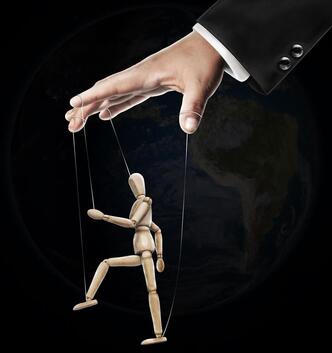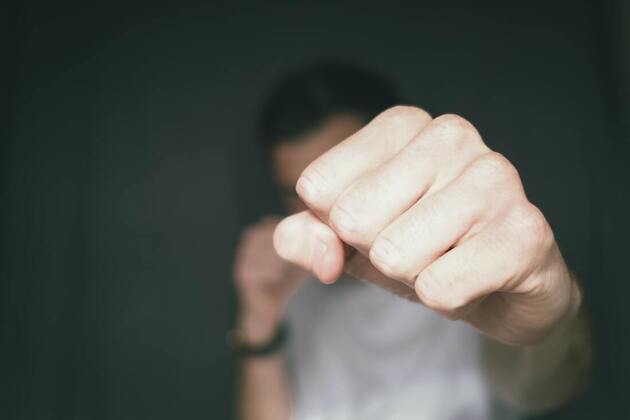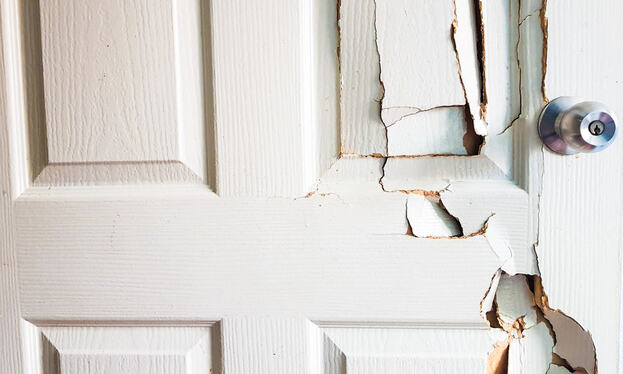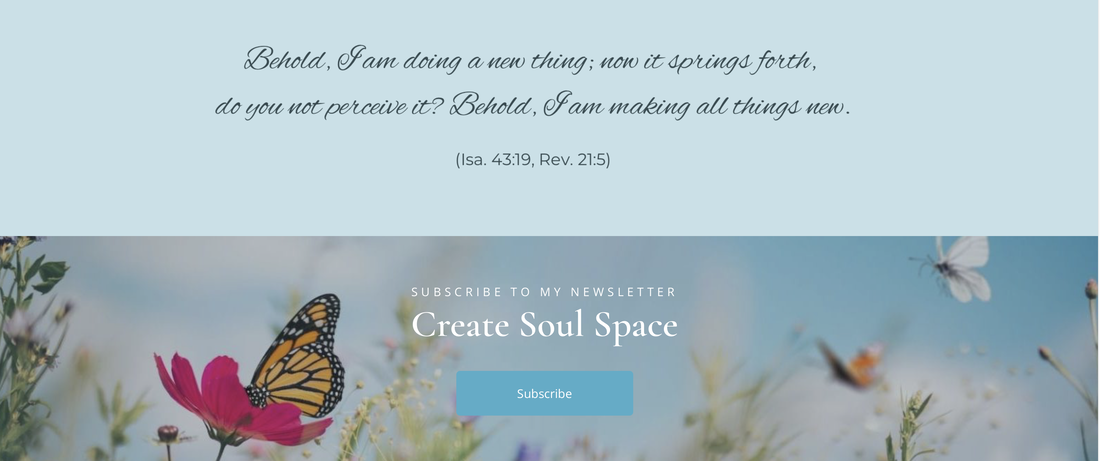|
20 Warning Signs that You May be in a Toxic Relationship Despite what many people assume, it can be difficult to tell whether or not you're in an abusive relationship. If there are no bruises and broken bones, how can you know the difference between a merely "difficult" partnership, or an abusive one? There are numerous red flags indicating intimate partner violence (IPV), but the difficult hurdle is that you have to know what abuse looks like before you can detect abuse happening in your life. This is particularly challenging because many abusive personalities employ extremely covert tactics, maneuvers disguised as devotion or caring, but in fact are indications or more toxicity to come. Recognizing the warning signs of abuse is the crucial first step toward healing and regaining your sense of self. When you realize you’re in an abusive relationship, you can being to take steps toward educating yourself, finding solid support, and regaining your sense of self. Here's a brief quiz to help you discern whether or not your relationship may be toxic. Rate each statement with “often,” “occasionally,” “rarely,” or “never.”
0 Comments
The German brutality of World War II is incomprehensible. What was done in the name of creating a global, "ideal" race and worldview is horrific, yet despite our abilities to feel repulsion at such extreme evil, what we feel is nothing compared to those who lived it—including the soldiers on the front lines of liberation. This topic of extreme abuse is one that hits home to me on a very personal level. My grandfather, Staff Sgt. Frederick Daley, was one of the brave soldiers who liberated the concentration camp located in the Bavarian village of Dachau, Germany. I've visited Dachau several times, and my experiences led to an eye-opening understanding that attests to the grace of God and the power of forgiveness, even in the most extreme situations.
Misplaced empathy in an abusive relationship often leads to a spiritual dryness and a deep sense of wandering loss. Empathy is seen as a positive virtue, one to be encouraged and nourished. And it is--empathy helps us not only to see another person, but to walk with them, be with them, love and nurture them in a way deeper than mere understanding can bring. Through empathy we can enter into another person's experiences and experience it with them, helping them to move through sorrow or sharing their joy. Even so, empathy can go too far in certain situations. I realize this may sound odd, but hear me out ...
One of the most common questions I get as a domestic violence advocate is about physical violence. Is physical violence present in a relationship only when the target is being injured, or can physical violence also extend to violence against inanimate objects? Is punching holes in walls domestic violence? What about throwing things, slamming doors in a rage, or other physically intimidating acts? Do these count as physical abuse? The answer is yes, yes, and yes.
|
AuthorJenny duBay, Trauma-Informed Christian life coach specializing in healing from betrayal trauma and domestic abuse. |








